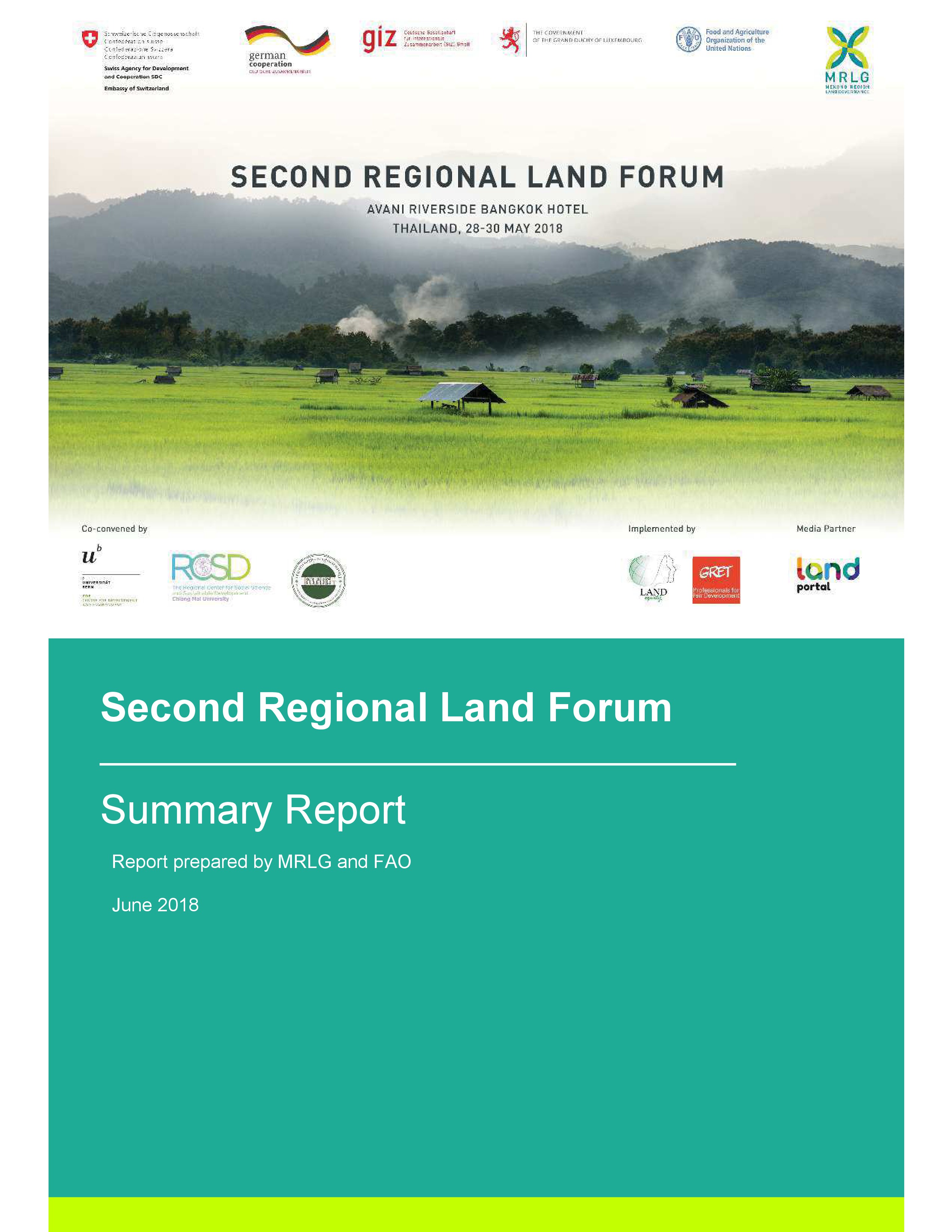Location
As a service provider in the field of international cooperation for sustainable development and international education work, we are dedicated to shaping a future worth living around the world. We have over 50 years of experience in a wide variety of areas, including economic development and employment promotion, energy and the environment, and peace and security. The diverse expertise of our federal enterprise is in demand around the globe – from the German Government, European Union institutions, the United Nations, the private sector, and governments of other countries. We work with businesses, civil society actors and research institutions, fostering successful interaction between development policy and other policy fields and areas of activity. Our main commissioning party is the German Federal Ministry for Economic Cooperation and Development (BMZ). The commissioning parties and cooperation partners all place their trust in GIZ, and we work with them to generate ideas for political, social and economic change, to develop these into concrete plans and to implement them. Since we are a public-benefit federal enterprise, German and European values are central to our work. Together with our partners in national governments worldwide and cooperation partners from the worlds of business, research and civil society, we work flexibly to deliver effective solutions that offer people better prospects and sustainably improve their living conditions.
Members:
Resources
Displaying 161 - 165 of 336Second Regional Land Forum
Following the success of the inaugural Regional Land Forum in Hanoi in 2016, the Second Regional Land Forum was held from 28-30th May, 2018, in Bangkok. The Regional Land Forum aims to provide a multi-stakeholder platform for networking and dialogue on land governance issues across the Mekong region, particularly Cambodia, Laos, Myanmar and Vietnam (CLMV). The Second Regional Land Forum attracted 280 participants – comprising government, private sector, civil society, researchers, community members, donors, development partners a
Cartilla 3: Los Pueblos Indígenas y los procesos de reconocimiento y titulación de Comunidades nativas
La serie presenta cartillas con información actualizada de los derechos de los Pueblos Indígenas en el Perú y las normas internacionales referidas a ellos, poniendo un mayor énfasis en lo relacionado al derecho al territorio y a la tierra, desde los procesos de reconocimiento y titulación de las Comunidades Nativas. La información es expuesta a través de explicaciones apoyadas en ejemplos y en citas de normas importantes para su mejor comprensión. La cartilla N°3 aborda de manera específica el marco normativo de los procesos de reconocimiento y titulación de Comunidades Nativas.
Cartilla 2: Los Pueblos Indígenas y sus Derechos al Territorio y los Recursos Naturales
La serie presenta cartillas con información actualizada de los derechos de los Pueblos Indígenas en el Perú y las normas internacionales referidas a ellos, poniendo un mayor énfasis en lo relacionado al derecho al territorio y a la tierra, desde los procesos de reconocimiento y titulación de las Comunidades Nativas. La información es expuesta a través de explicaciones apoyadas en ejemplos y en citas de normas importantes para su mejor comprensión. La cartilla N°2 aborda los derechos al territorio y los recursos naturales.
Cartilla 1: Los Pueblos Indígenas y sus derechos
La serie presenta cartillas con información actualizada de los derechos de los Pueblos Indígenas en el Perú y las normas internacionales referidas a ellos, poniendo un mayor énfasis en lo relacionado al derecho al territorio y a la tierra, desde los procesos de reconocimiento y titulación de las Comunidades Nativas. La información es expuesta a través de explicaciones apoyadas en ejemplos y en citas de normas importantes para su mejor comprensión. La cartilla N° 1 aborda el marco normativo nacional e internacional sobre los derechos indígenas.
En defensa de Nuestros Derechos
The native communities of San Martín and its representative organizations face innumerable challenges in relation to their lands and territory, environment, governance, identity, justice and physical integrity, among others. For many years the land titling process was stagnant due to lack of funding, but today, with the presence of several projects that have considerable sums destined to the degree, the natives are be prepared and trained in this subject, as well as in the multiplicity of issues that challenges them.



